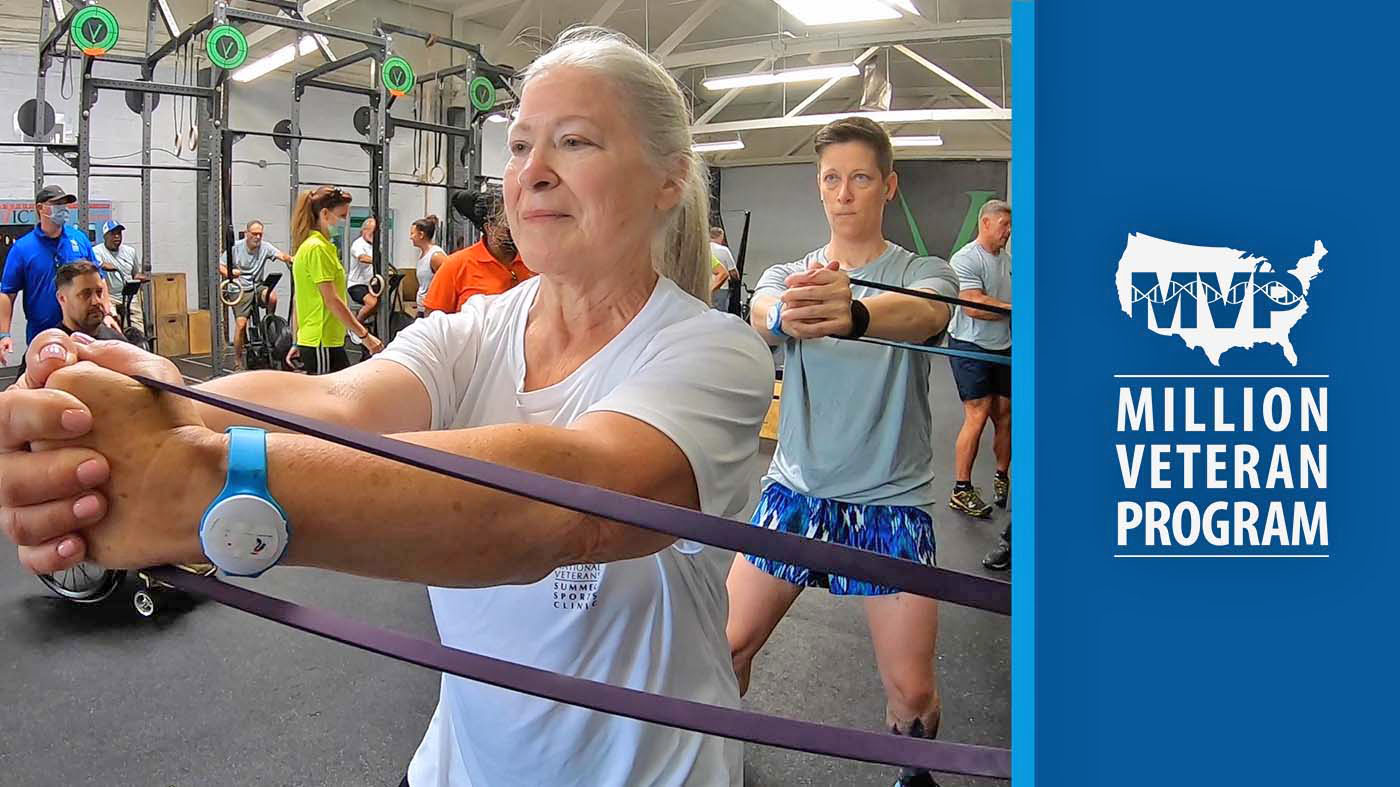What if teamwork and involving patients in their own care could reduce hospitalization rates for Veterans with mental health conditions? A new study from the U.S. Department of Veterans Affairs (VA) shows it does.
The study identified effective ways for Veterans, their clinicians, and the larger VA health care system to all work together to have a positive impact Veterans’ mental health. Using the Collaborative Chronic Care Model (CCM) in outpatient mental health teams resulted in:
- Improved mental health status for Veterans with multiple mental health conditions
- Reduced rates of mental health hospitalizations among participating Veterans
- Improved clinician team function, even without adding clinical resources
CCM Study
From February 2016 through February 2018, researchers conducted a trial that established CCM-based teams in outpatient general mental health clinics at nine VA facilities. The study included 5,596 Veterans who were treated at mental health clinics and 62 VA clinicians who worked on Behavioral Health Interdisciplinary Program (BHIP) teams.
In particular, the trial emphasized team-building and attention to health care processes to develop local solutions tailored for local challenges. Activities were guided by a structured workbook that led teams through self-assessment and process improvement steps to align their clinical processes with the six CCM elements:
- Leadership and organizational support: Obtaining buy-in from leaders and organizational support to “move the pieces on the chessboard” to make changes in the care system.
- Work role redesign for anticipatory, continuous care: Helping Veterans and the care team anticipate problems and prevent them from becoming crises.
- Veteran self-management: Enabling Veterans to be active participants in their care and active managers of their symptoms and quality of life.
- Decision support for clinicians: Focusing on how systems can facilitate clinicians’ access to clinical practice guidelines and specialty consultation.
- Information management systems: Making sure clinicians consider the health of the entire population of individuals they care for, which is necessary for preventive and anticipatory care.
- Community resources: Expanding access to community-based resources, such as Vet Centers, Veterans Service Organizations, other community groups, and selected on-line resources.
Implementation focused on clinician team function (i.e., role clarity and achieving team goals) and adherence of team processes to the six CCM elements. Veteran health status and satisfaction data were gathered during telephone interviews at baseline and after six and 12 months of implementation support.
Evidence of Improved Outcomes

The teams’ panels of Veterans had significantly lower admission rates compared with their peers who were not treated by facilitated teams (see chart). Additionally, mental health status improved among Veterans who were treated for three or more mental health conditions. Clinicians experienced significant improvement in team function in terms of role clarity and focus on team priorities — consistent with the results of previous national CCM assessments.
One provider commented, “We have better patient care now. With the BHIP meetings, we’re able to staff the patients. Whereas before we didn’t have continuity of care … we’re able to meet and discuss patients and options that might be appropriate for that patient.”
Another clinician added, “Now we have a better understanding . . . we’re very directed. Certain days we talk about different patients, new intakes, crises. Other days we go into longer case presentations, so it’s a lot more structured and goal-oriented toward patient care.”
Looking Ahead
Following the trial, VA extended BHIP-CCM facilitation to additional VA medical centers for a total of 30. VA plans to implement this team-based model of care on a national level to benefit more Veterans as well as those who care for them.
Check out the full report to learn more about this study.
Authors
Dr. Bauer is an investigator at the Center for Healthcare Organization & Implementation Research (CHOIR) in Boston and a staff psychiatrist at the VA Boston Healthcare System. As a professor at Harvard Medical School, he specializes in research on serious mental illness, recovery, implementation science, and randomized controlled trials in health services. He received his bachelor’s degree from the University of Chicago and his M.D. from the University of Pennsylvania.
Dr. Weaver is the Senior Consultant for Mental Health Clinical Operations in the VA Office of Mental Health and Suicide Prevention in Washington, D.C. She provides consultation and guidance for multiple systems-focused, national initiatives in mental health. She received her bachelor’s degree from Vanderbilt University and her Master of Science and Doctor of Psychology degrees from Baylor University.
The Dayton VA Medical Center BHIP-CCM team presents a synopsis of their process redesign work to facility leadership.
Megan Haulman, BHIP RN; Ron Weaver, BHIP Social Worker and team lead; Leona Lee, Advanced Medical Support Assistant (AMSA); Dr. David Drake, BHIP Psychologist; Andrea Mercuri, BHIP Advanced Practice Nurse
Topics in this story
More Stories
Navy Veteran and president of the American Medical Association got a colonoscopy and encourages other Veterans to do the same.
Chicago Vet Center and VA gave women Veterans information on VA services available to them.
MVP’s research informs personalized care for Veterans, supporting whole health and beyond.

![Daytona BHIP Team_730x370[2][1] group photo of Dayton BHIP team](https://news.va.gov/wp-content/uploads/sites/3/2019/04/Daytona-BHIP-Team_730x37021.jpg?w=730)






